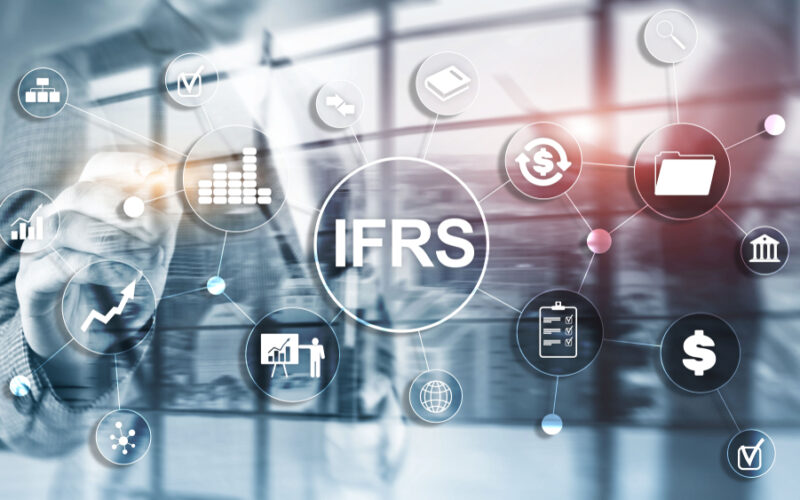The international financial reporting standards, or IFRS, were implemented in 2005. As a result, they took the role of the IAS standards, which have been in force since 1973. The worldwide accounting standards office created these accounting guidelines. Both measures seek to provide a uniform accounting statement model to advance global trade. Use IFRS accounting software to handle financial statements, disclosures, and data consolidation from a single spot.
Benefits of using IFRS: International Accounting Standards
Worldwide synchronization of systems
To meet the expected demands of many users, standardization serves the dual purpose of simplifying the display of accounting information while establishing common principles. Hence, it promotes spatiotemporal comparisons of financial data and harmonizes and improves accounting standards.
Simple company rating comparison
Even though two companies from different nations are utilizing the same worldwide accounting standard, it remains simpler to evaluate the economic outcomes of the two businesses by looking at their financial statements.
Every business globally would be obligated to evaluate its revenue and financial results the same way under the worldwide accounting standard.
Prudent management and long-term investments that are less risky and volatile
Some companies have more or less changed their legal procedures and accounting texts. These situations made it clear that the accounts should be reviewed. There used to be a set of rules that applied to accounting, and one of the drawbacks of regulations is that they can permit things they allow.
It is currently possible to use a standardized reference system. As a result, the standards enable the provision of a single reference framework for the consistent interpretation and comparison of financial data. The result is that the different parties may communicate using a common language. Standards govern the definition of an asset and an amortization.
Contrarily, standardization enables the definition of universally applicable and mandatory concepts and rules, such as the rule of caution and the need to exercise independence.
Greater information transparency and improved communication
The release of accounting standards meets the demand for cross-sectoral harmonization and helps to increase financial communication transparency.
In addition to improving the openness and comparability of data aimed at investors, businesses, financial markets, and regulatory bodies, its objective is to govern financial communication.
The three key values that IFRS accounting software must uphold are:
Completeness: The accounting information must accurately reflect the company’s operations and encourage eradicating off-balance-sheet data.
Comparability: All financial statements are uniform and standardized.
Neutrality: The requirements must not allow businesses to handle the accounts.
Despite some objections, this significant IFRS standards effort will enable the codification and global harmonization of financial accounts. Before reaching a fully functional system, the path is still lengthy and full of hazards, but the States’ desire for greater caution and transparency is quite strong.

